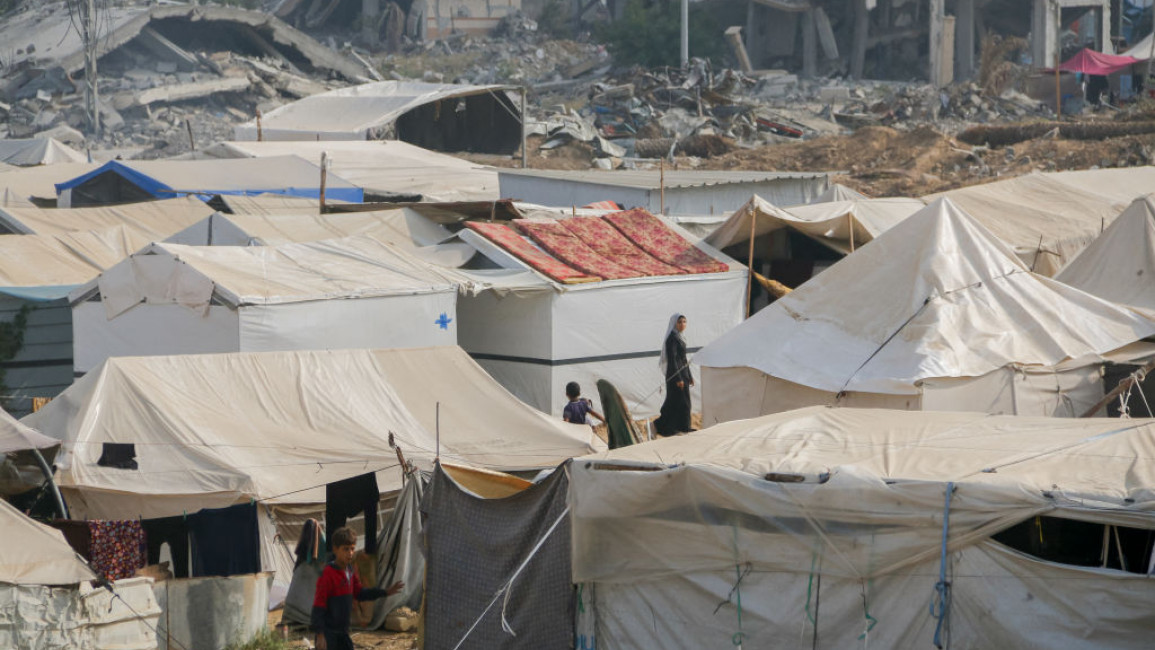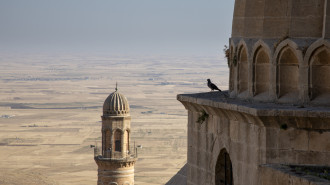More than a year of clashes that recently escalated into war have cost Lebanon more than $5 billion in economic losses, with actual structural damage amounting to billions more, the World Bank said on Thursday.
Since September 23, Israel has launched furious airstrikes against in Lebanon, later starting a ground invasion following almost a year of limited, cross-border exchanges with Hezbollah which followed the outbreak of the Gaza war.
Lebanon's health ministry on Thursday said more than 40 people had been killed in Israeli strikes on the south and east, including on a civil defence centre in the Baalbek area.
Intensified Israeli strikes also hit in and around Damascus, where the Syrian Observatory for Human Rights war monitor reported 20 people killed.
In its Lebanon report, the World Bank provided estimates for damage between October 8, 2023 and October 27, 2024, saying "the conflict has caused $5.1 billion in economic losses", with damage to physical structures amounting to "at least $3.4 billion" on top of that.
The losses are "largely concentrated in the commerce and tourism and hospitality sectors... as well as in the agriculture sector", the report said.
The conflict has also "damaged an estimated 99,209 housing units" - mainly in Lebanon's south, which Israel has bombed relentlessly - totalling $2.8 billion in damages, it said.
Eighty-one percent of damaged and destroyed houses are located in the Tyre, Nabatiyeh, Saida, Bint Jbeil and Marjayoun districts.
"The final cost of damage and losses for Lebanon associated with the conflict is expected to significantly exceed" the combined $8.5 billion estimated in the report, the bank said.
The World Bank estimates that the conflict cut Lebanon's real GDP growth for 2024 by at least 6.6 percent.
Lebanon had already been reeling since 2019 from an intense economic crisis that pushed most of the population into poverty.







 Follow the Middle East's top stories in English at The New Arab on Google News
Follow the Middle East's top stories in English at The New Arab on Google News
![President Macron was at the game to show 'solidarity' [Getty]](/sites/default/files/styles/image_330x185/public/2024-11/GettyImages-2184064735.jpg?h=199d8c1f&itok=yXTymeCt)
![Israel demolished homes in the Silwan area [Getty]](/sites/default/files/styles/image_330x185/public/2024-11/GettyImages-2183868368.jpg?h=199d8c1f&itok=TweR8vd0)
